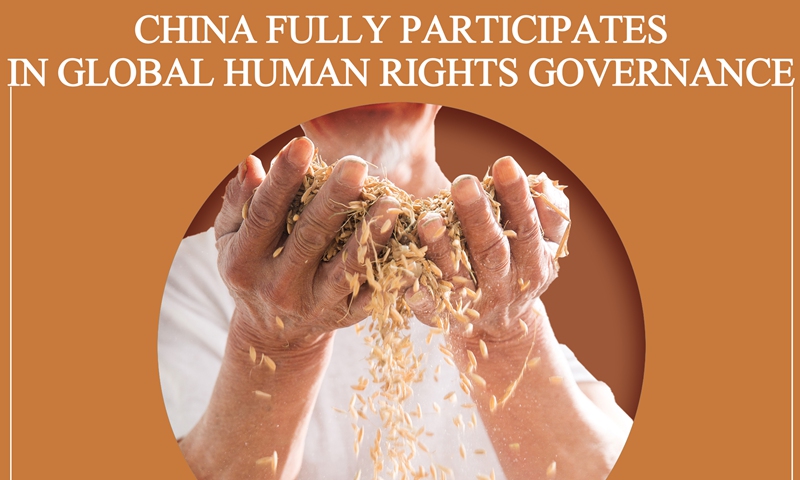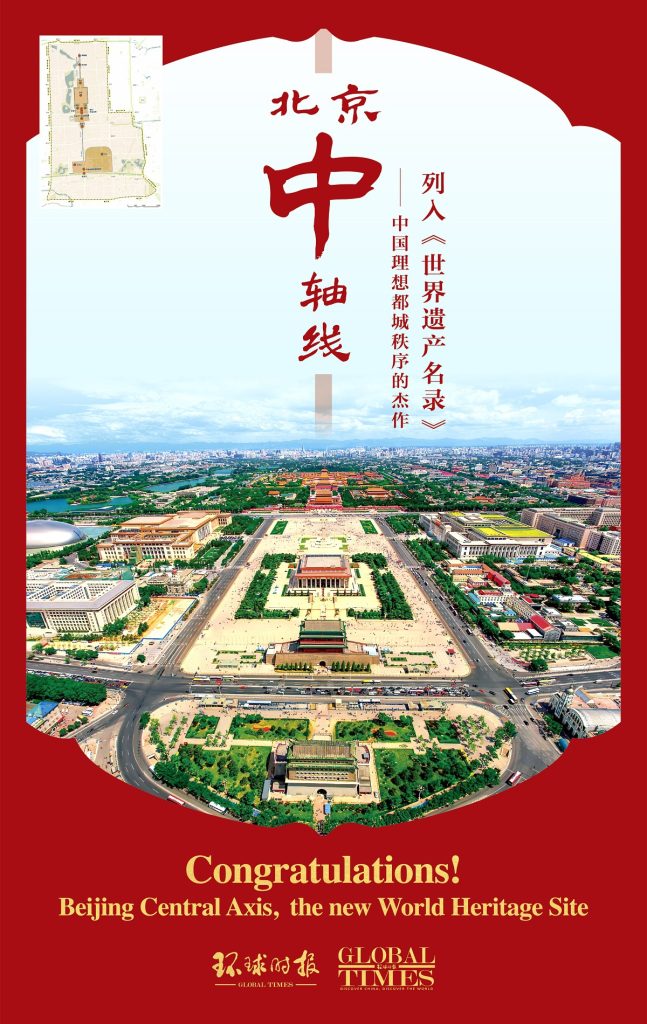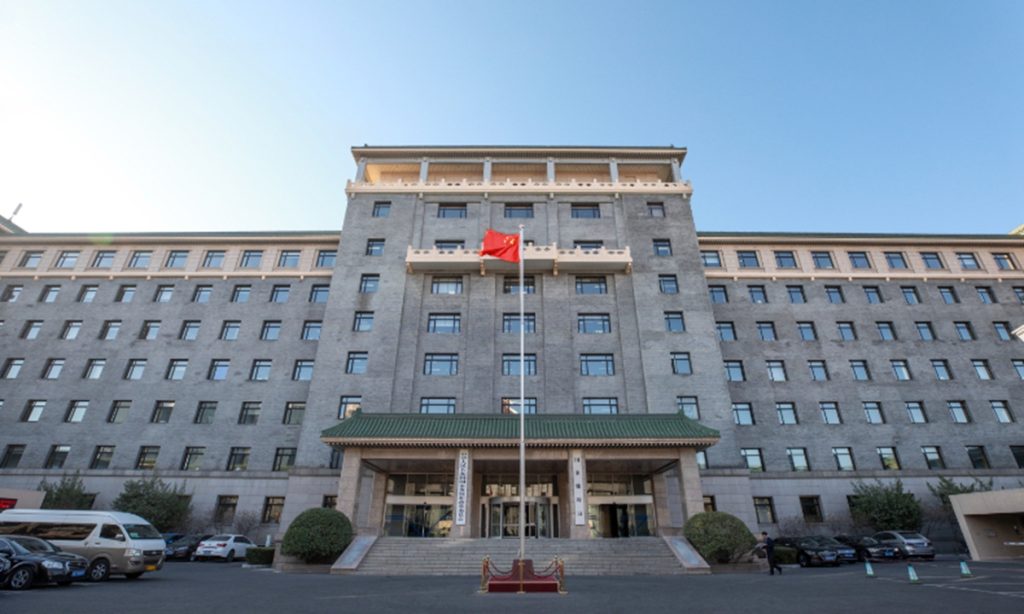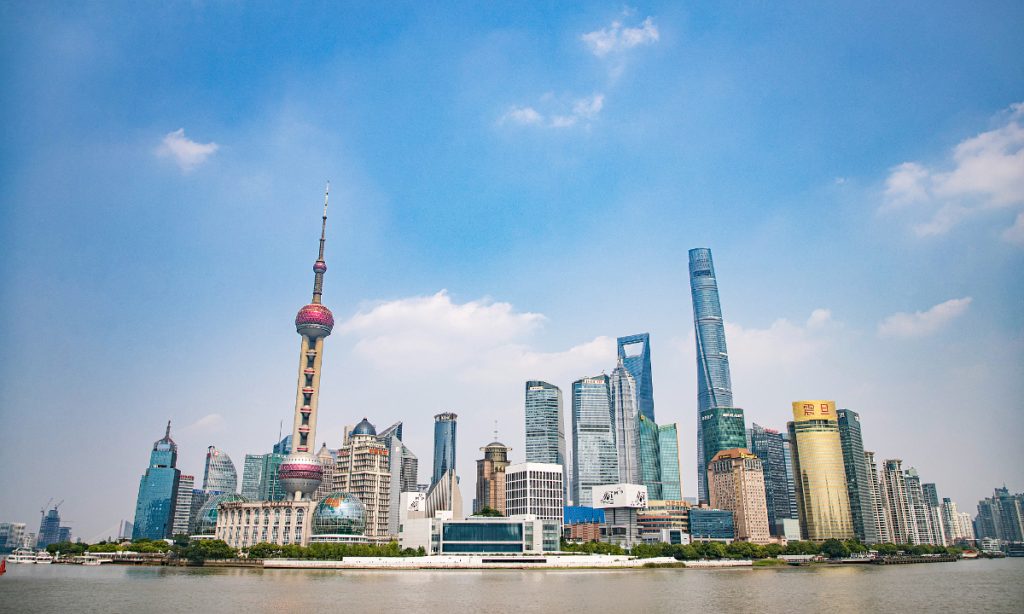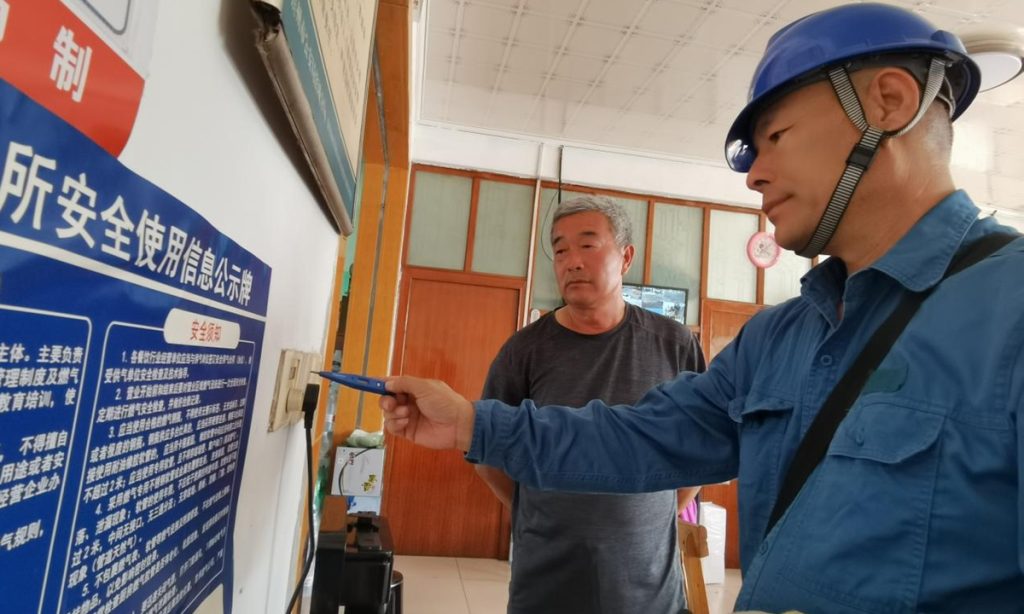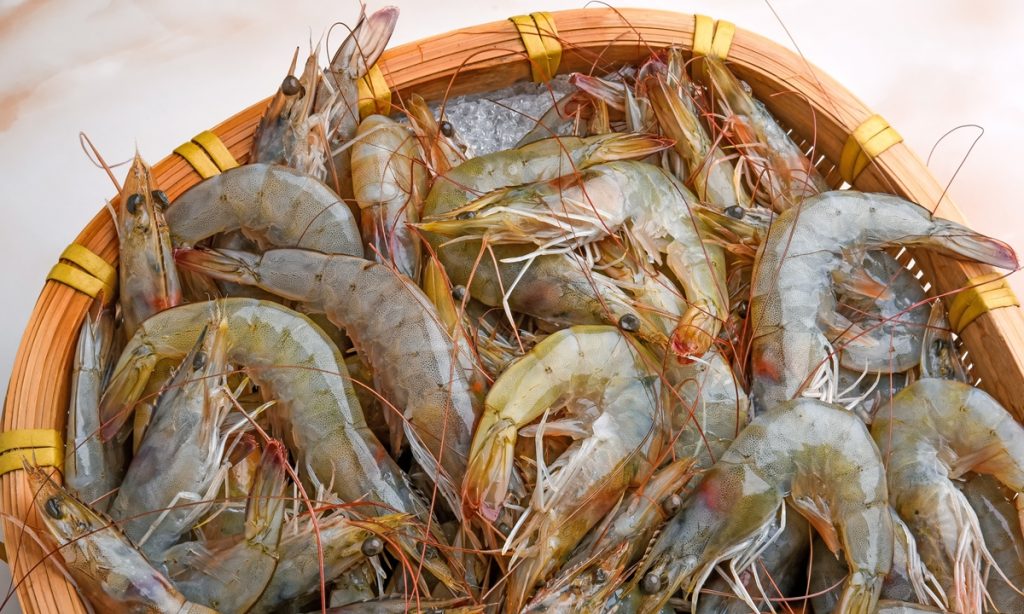Study tours dominate China’s summer holiday travel market along with Chinese parents’ growing investment in children’s well-rounded education
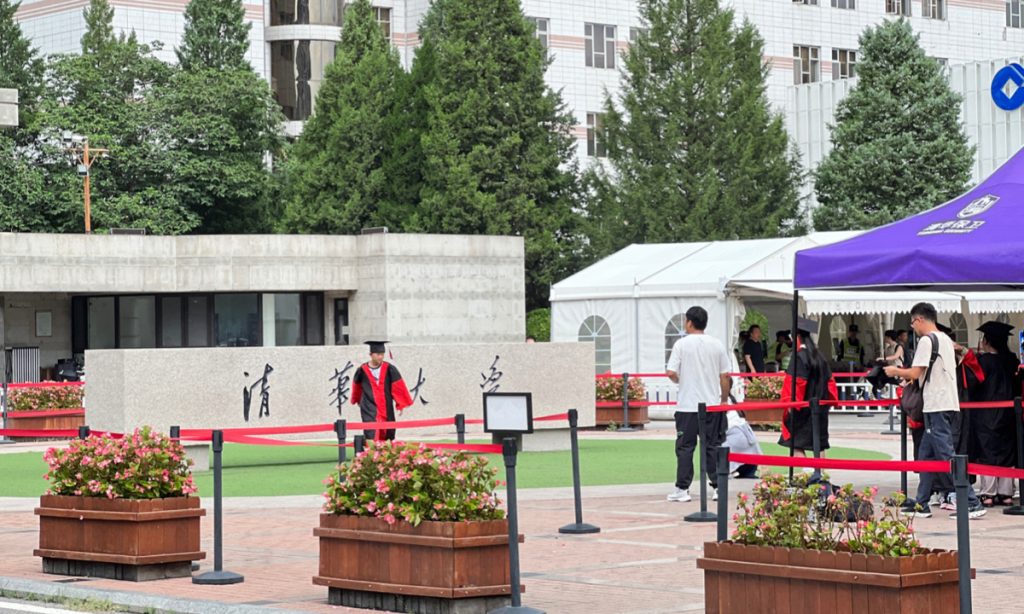
Study tours have gained popularity in China in recent years as Chinese parents invest more in the well-rounded education of their children. But the industry encountered controversies this year due to reports of overly high cost and disappointing arrangements. Given expanding market and following chaos, more parents and experts are calling for rational choices to avoid being caught up by comparing mentality.
When visiting Tsinghua University on August 1, the Global Times reporter found that dozens of elementary school students dressed in graduation gowns were lining up at the front gate of the university, one of China's most internationally famous universities, to take pictures.
Inside the Tsinghua campus, teenage students were everywhere taking pictures, walking or bicycling among the buildings.
The scene echoed media reports and data from travel platforms, demonstrating that study tour, or educational tour, has become a main part of this summer's tourism market in China.
According to a report from Ctrip, a major Chinese online travel booking platform, orders of parent-child educational products for summer holidays via the platform increased by 70 percent year-on-year. Data from another travel platform Fliggy also showed that, after the summer holiday of Chinese schools kicked off in early July, the search popularity for "educational travel" on the platform has increased by over 60 percent compared to last year.
Historical and cultural cities are the first choice for parent-child educational trips in the summer, with Beijing and Xi'an topping the popularity list. Landmark scenic spots that have appeared in the textbooks of Chinese elementary and middle schools are favored by these groups, according to data from Tongcheng Travel.
Museums, nature and rural areas are also among the most popular destinations, people.cn reported citing Tongcheng Travel.
A notable trend in this year's educational tour market is the tour to some famous Chinese hi-tech companies like new-energy vehicle (NEV) maker NIO and artificial intelligence company iFlytek. Such tours could provide students an opportunity to get a direct and deep sight into companies and the process of scientific research and development, which will not only help popularize science, but inspire these students in career choice, according to experts.
Some parents send their children to educational tours as they need some people to take care of their children while ensuring their safety. "My son can travel with many peers of his age, and at the same time, he can learn something," a mother in Qingdao, East China's Shandong Province, told the Global Times.
Others choose education tours as they want their children to get a deeper understanding of their interests. A mother in Shenzhen calling herself Xi Xi told the Global Times that she once sent her son to a dragon boat educational tour and her son learned a lot about the history and culture of dragon boats. "This made me feel that educational tours are really helpful for my children," Xi Xi said.
According Xi Xi, she and her husband used to take their son on their own to go travel, driving to Xizang, walking through deserts and rain forests, in order to widen their son's horizon. But when it comes to knowledge, especially cultural and historical knowledge, she and her husband felt helpless as they did not how to teach their son. This is when they turned to educational tours.
This summer, Xi Xi sent her 8-year-old son to an educational tour to Beijing. According to her, there were professional guides in the tour to explain cultural and historical knowledge during the tour. "They also invite a professor from Peking University to deliver a speech at the opening ceremony of the tour."
The six-day-five-night tour in Beijing cost Xi Xi about 7,000 yuan ($981.8), excluding transportation cost. This package includes a visit to the Universal Beijing Resort. The package excludes the Universal Beijing Resort is 2,000 yuan cheaper.
The price of a standard day ticket to the Universal Beijing Resort is less than 500 yuan. The Global Times found on Tongcheng Travel that a normal six-day-five-night group tour, including visit to the National Museum, the Forbidden City and the Universal Resort, is priced 4,015 yuan.
For Xi Xi, the extra money for her son's educational tour is worth as it did play an educational role. "It is an independent tour. My son also learned how to take care of himself like washing clothes this time. So, overall, it met my expectations," Xi Xi said.
Some parents got disappointed when they found the tour was not as educational as they expected. According to media reports, some educational tours would only take students to the outside of Tsinghua University to take pictures as they, in fact, did not have official cooperation with the university and were not able to take so many students into the campus all at once. Tsinghua requires real-name reservation for entry and only opens 12,000 reservation vacancies per day for the public from July 15 to August 11.
The Global Times learned from some Tsinghua students that some education tour organizers have tried to find Tsinghua students to help them take tour attendants into the campus. Tsinghua students would get punished once being found doing so.
The quality of some so-called professional teachers in educational tours organized by tour agencies are also questionable as media revealed that the certificate for a professional educational tour guide can be bought at about 1,000 yuan.
Chaos arose along with the rapid expansion of the market.
According to media reports, there were more than 29,000 existing educational tour-related enterprises in China in 2023, with 49.4 percent of them established within the past 1 to 5 years. a Report of market consultancy iiMedia Research said that educational tour market has reached 146.9 billion yuan in 2023, and is expected to reach 242.2 billion yuan by 2026.
More and more Chinese schools and other educational bases like museums are also organizing educational campuses as, in December 2016, Chinese authorities issued guidelines to encourage educational tour activities in the county as a bid to promote well-rounded education of Chinese students.
Educational travel itself is a new way of learning, an important component of quality education, and complementary to school learning. It can help students to develop potential in various aspects, Chu Zhaohui, a research fellow at the National Institute of Education Sciences, told the Global Times.
Chu suggests parents choose educational tour based on children's interests rather thanfollowing other parents, avoiding getting trapped by unnecessary anxiety caused by comparing mentality.
"Parents need to choose educational trips that suit children's interests and hobbies, as well as the growth goals you want your children to achieve. After making a choice, parents and children also need to prepare for safety, travel knowledge, and so on. For parents, don't just follow the trend, but consult your children's opinions at first," Chu noted.
Experts also stressed that educational tours should focus on providing high-quality and enriching experiences for participants. This can be achieved through collaboration with reputable institutions and the implementation of strict regulations to ensure the safety and educational value of these tours.
By emphasizing the importance of education and cultural exchange, these tours can have a lasting impact on individuals and contribute to the overall development of society in a long run, they said.

